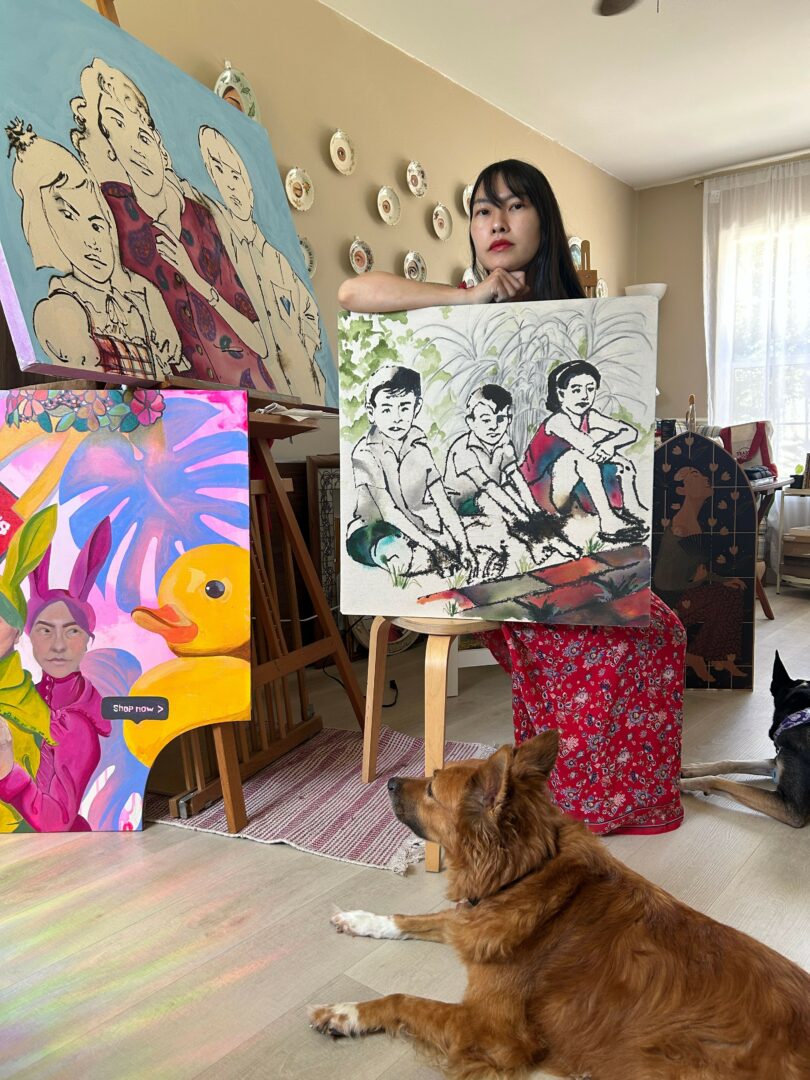Alright – so today we’ve got the honor of introducing you to Stephanie Stella. We think you’ll enjoy our conversation, we’ve shared it below.
Stephanie, first a big thank you for taking the time to share your thoughts and insights with us today. I’m sure many of our readers will benefit from your wisdom, and one of the areas where we think your insight might be most helpful is related to imposter syndrome. Imposter syndrome is holding so many people back from reaching their true and highest potential and so we’d love to hear about your journey and how you overcame imposter syndrome.
Honestly, I don’t think I’ve overcome it—I’ve just learned to carry it. Impostor syndrome is real, especially for artists. There are still moments when I look at my work and think, Who am I to do this? That doubt can be loud and isolating.
What’s helped is letting go of the idea that I need permission to be an artist. I started painting seriously about four years ago, and it didn’t come easily. Some people didn’t believe I should be doing it—that hurt, but it also pushed me to keep going. I wasn’t chasing praise; I was following a feeling I couldn’t name but knew I needed to satisfy.
I’ve learned to sit with the discomfort of being in progress. It’s vulnerable, sometimes even embarrassing. But showing up anyway—that’s what growth looks like to me.
Eventually, I stopped seeing creativity as something lofty. It’s human. As ordinary and necessary as cooking or folding laundry. It’s how I process the world. I don’t need to justify it—it matters because I’m paying attention.
There are still days I feel like I’m pretending. But pretending doesn’t usually come with this much effort, or care. The work is real. The struggle is real. And maybe that’s enough.
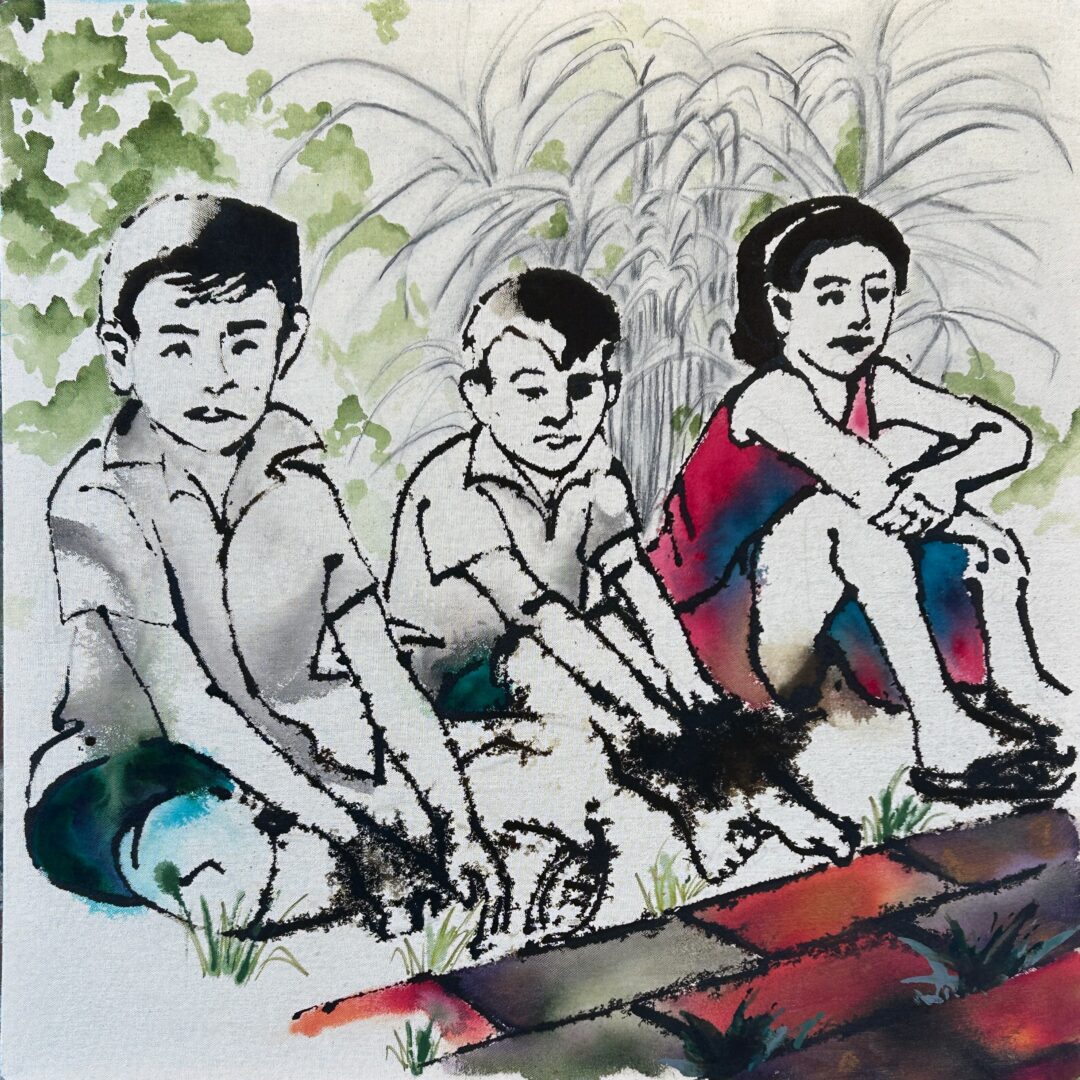
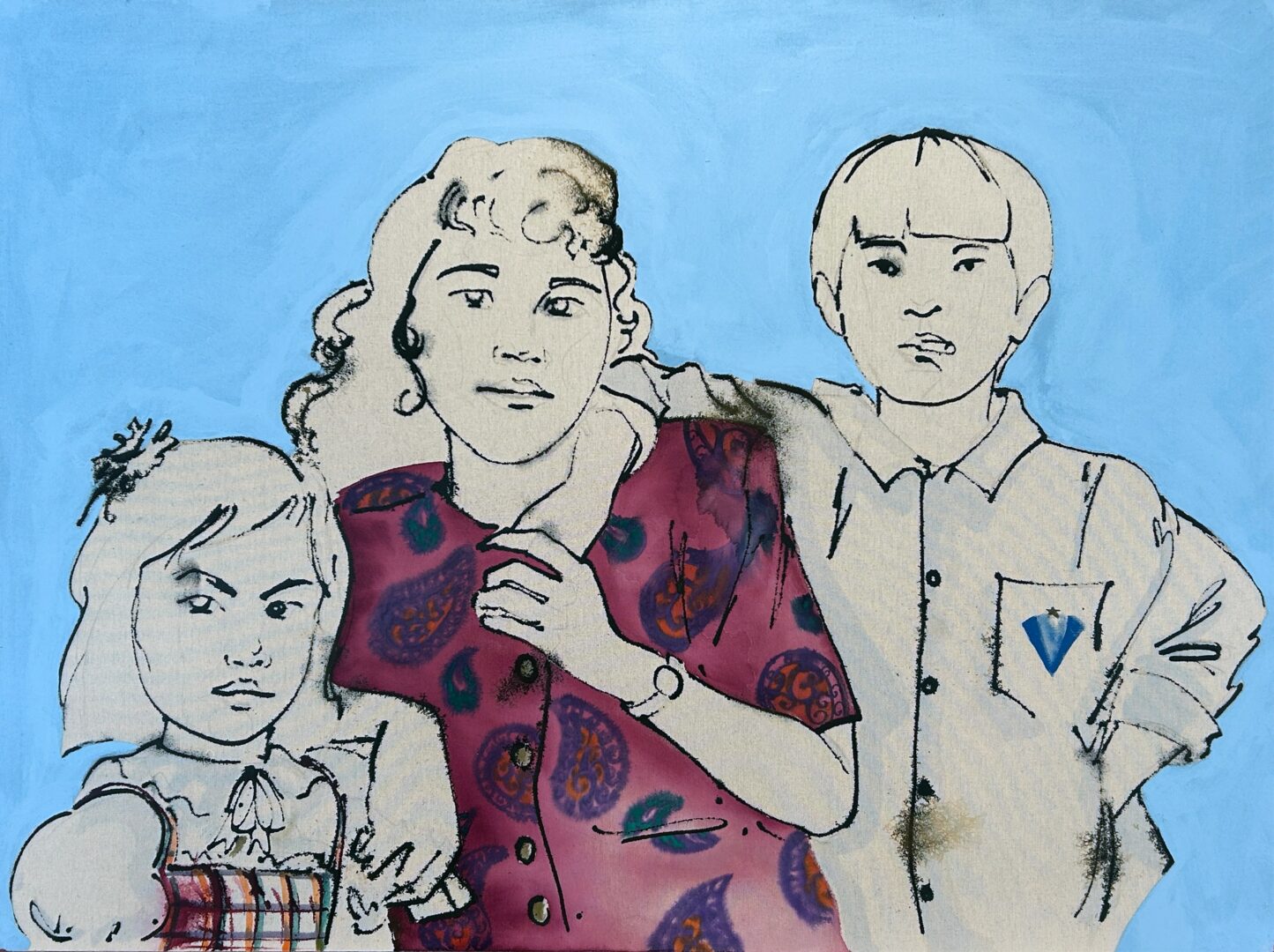
Appreciate the insights and wisdom. Before we dig deeper and ask you about the skills that matter and more, maybe you can tell our readers about yourself?
I’m moving into a dedicated art studio, and with that, I’m finally letting go of the idea that this is just a hobby. I’m not sure if I’ll ever be a full-time artist, but I do know that I want to build a life where my art has room to grow. That shift feels important: choosing to prioritize art not just as something I do, but as something I build a life around.
As for the work itself, it’s always grounded in what matters most to me—my family’s memory, history and identity. I come from a family that’s comfortable being diasporic, being immigrants. We don’t always put down roots in one place. And yet, there’s a deep sense of belonging because being surrounded by people who love you gives a strong foundation of who we are—one that doesn’t have to be tied to a specific place or nation.
That feeling—that home can be internal, inherited, and carried—shows up in my art in ways I’m still discovering. I want people to see that complexity, that in-between space, and feel something familiar in it.
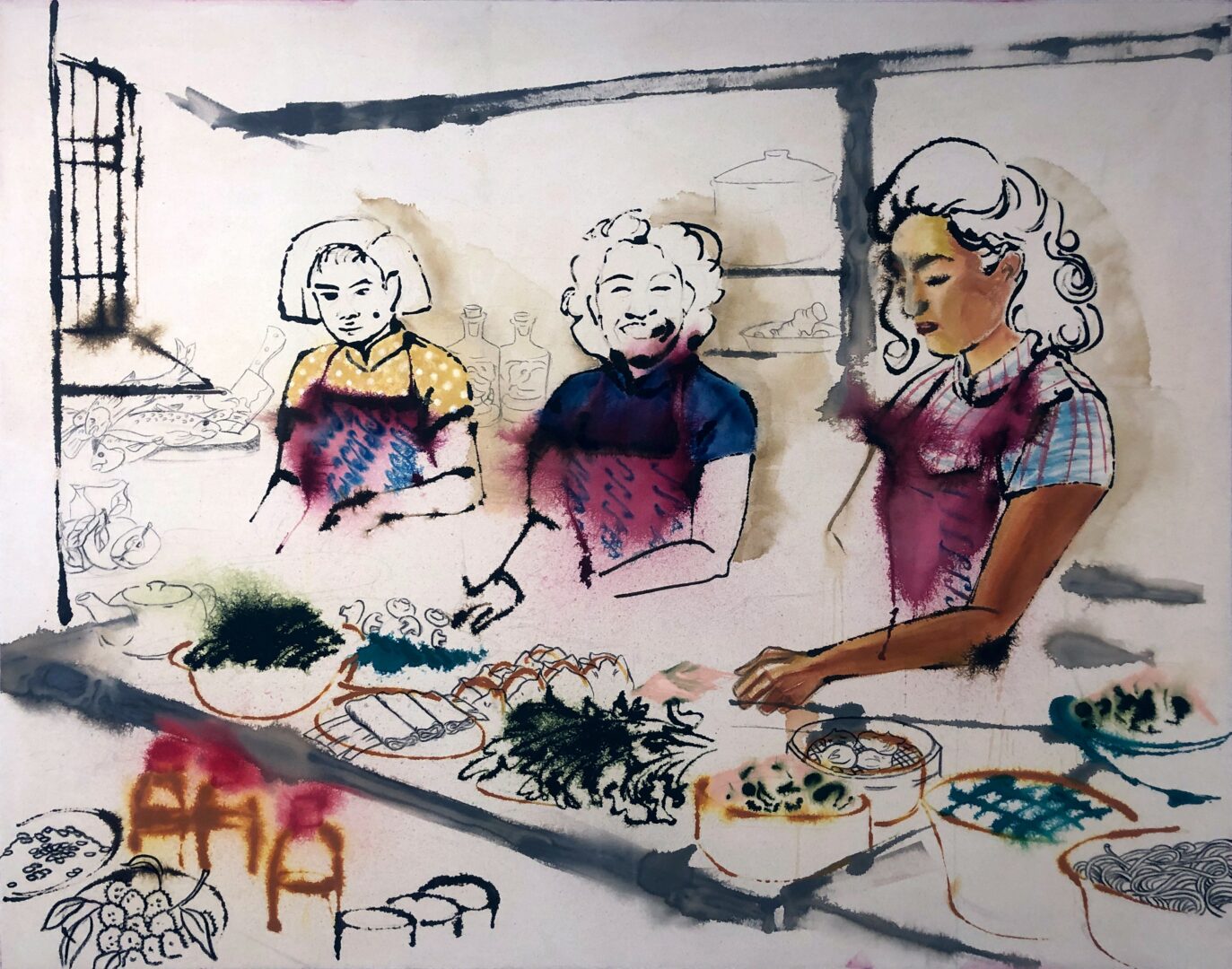
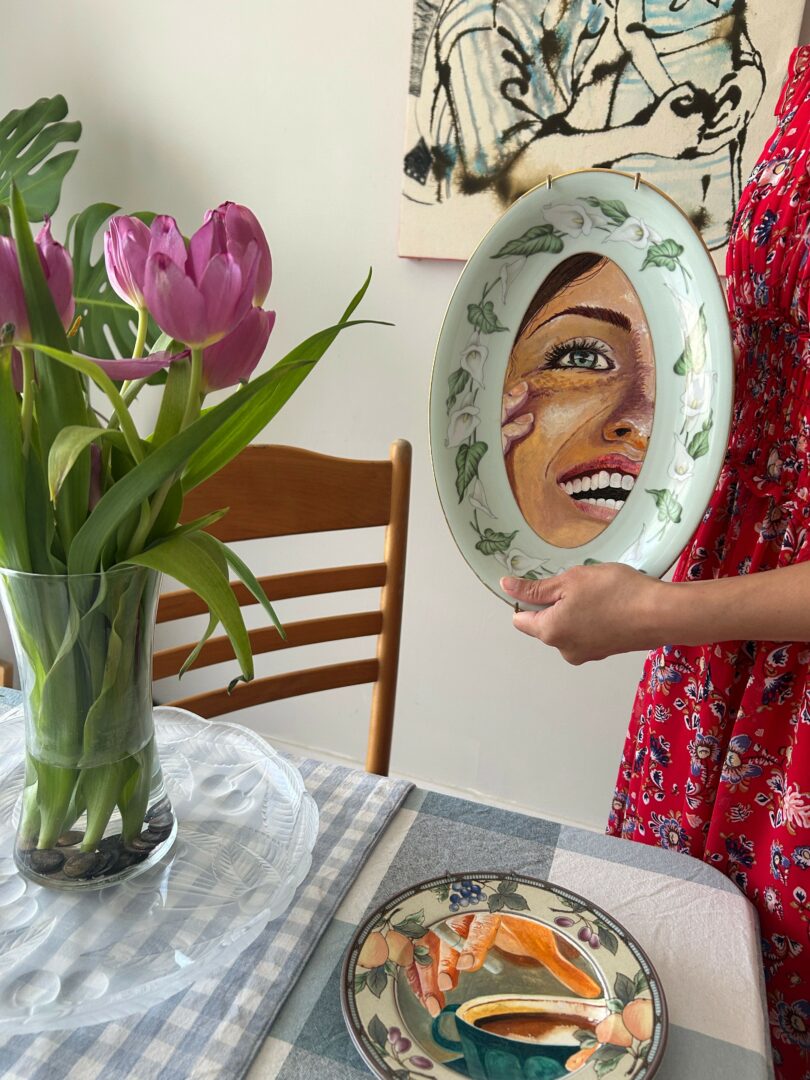
Looking back, what do you think were the three qualities, skills, or areas of knowledge that were most impactful in your journey? What advice do you have for folks who are early in their journey in terms of how they can best develop or improve on these?
I don’t know that I’m suited to give anyone advice. But if I could offer something, it would just be what I try to remind myself—even now:
Don’t be afraid of change. It’s rarely comfortable—sometimes it’s painful, sometimes exciting, and sometimes not even worth it in hindsight. But I’ve learned not to evaluate experiences only by their outcomes. I’ve grown the most by saying yes to things that felt uncertain or awkward. The learning often lives in the doing, not the result.
Happiness is a skill. I’ve found it’s not something that appears once everything is figured out—it’s something to practice, even in the middle of chaos or doubt. I used to think, “Once I overcome this, then I can be happy.” But happiness at ten, twenty, thirty—whatever stage you’re at—is just as valid and important. Find joy in the effort, in the process itself. I don’t always get this right. Mental health is hard, and I wish I had been gentler with myself much earlier.
And lastly, everything can be learned. I don’t think I have any particular talent—but I do have interests, and I follow them. Skill can come later. The challenge is staying interested long enough to grow. That’s the part I try to protect: curiosity. Because I have the rest of my life to keep learning.
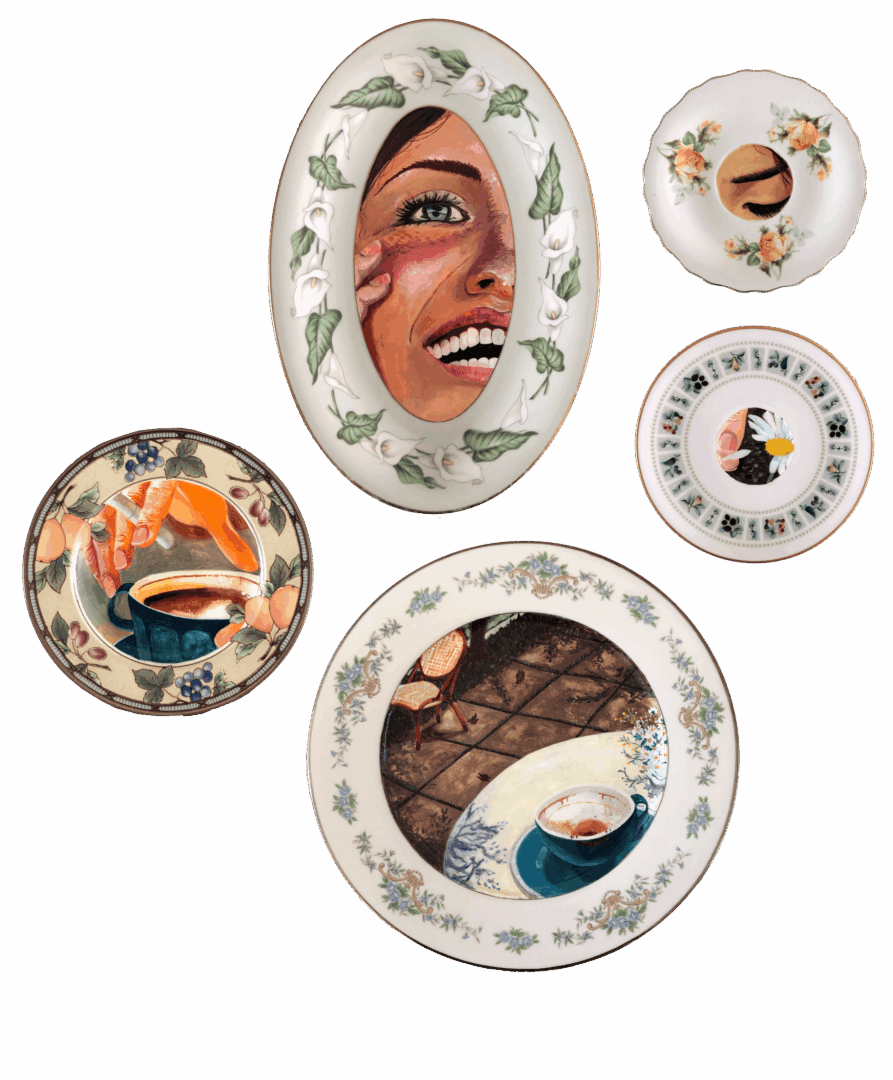
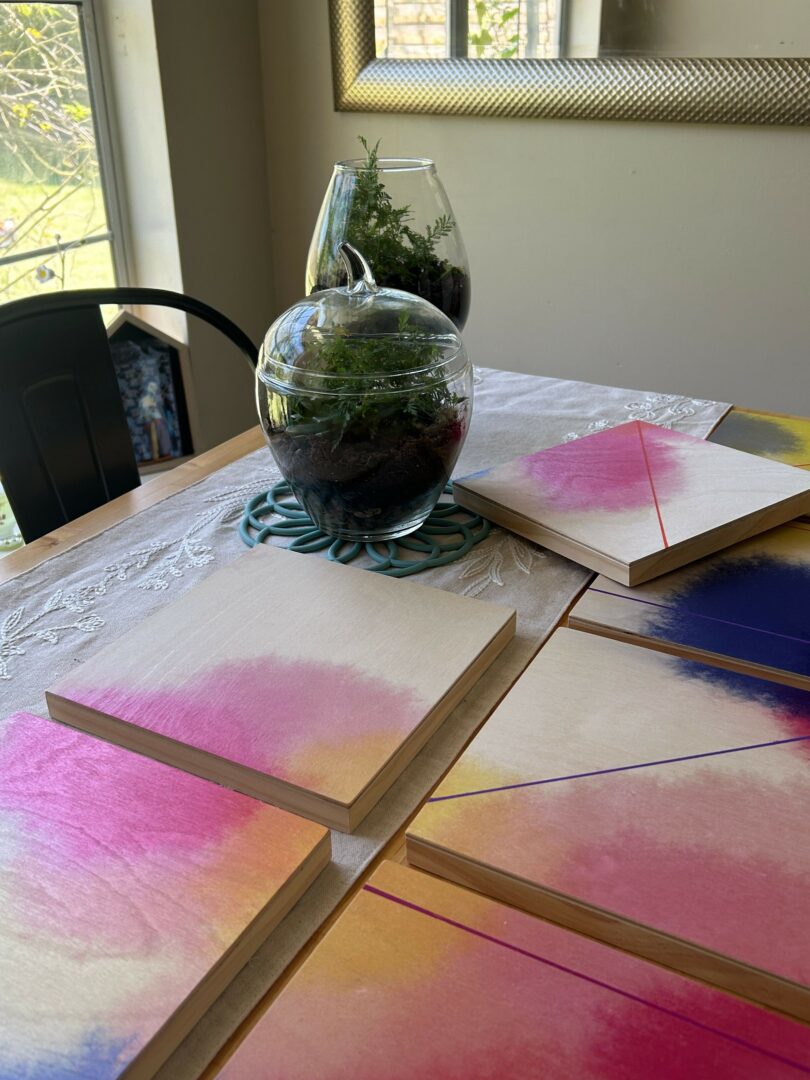
How can folks who want to work with you connect?
I’m currently based in Savannah, Georgia—truly one of the most welcoming, inspiring places I’ve ever lived. I’d love to collaborate with local artists, engineers, business owners, or really anyone who’s passionate about building creative, community-driven projects. Whatever your background or profession, if you have an idea and the energy to make something meaningful, I’d love to hear from you. Let’s help make Savannah the creative hub it’s meant to be.
You can connect with me through social media, visit my studio, or just come say hi at local art events—I’m always open to a conversation.
Contact Info:
- Instagram: @stephanietanzil.studio
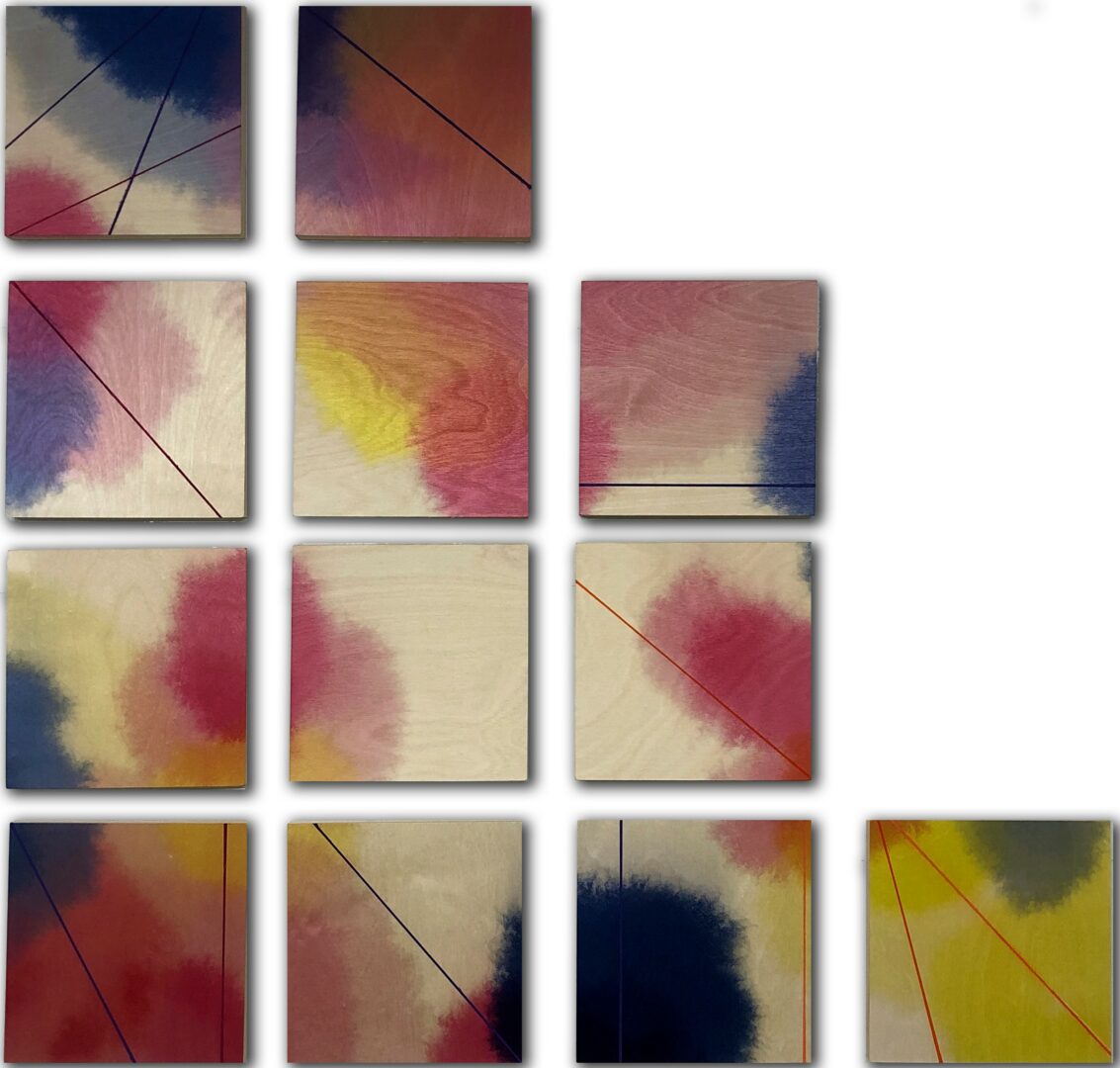
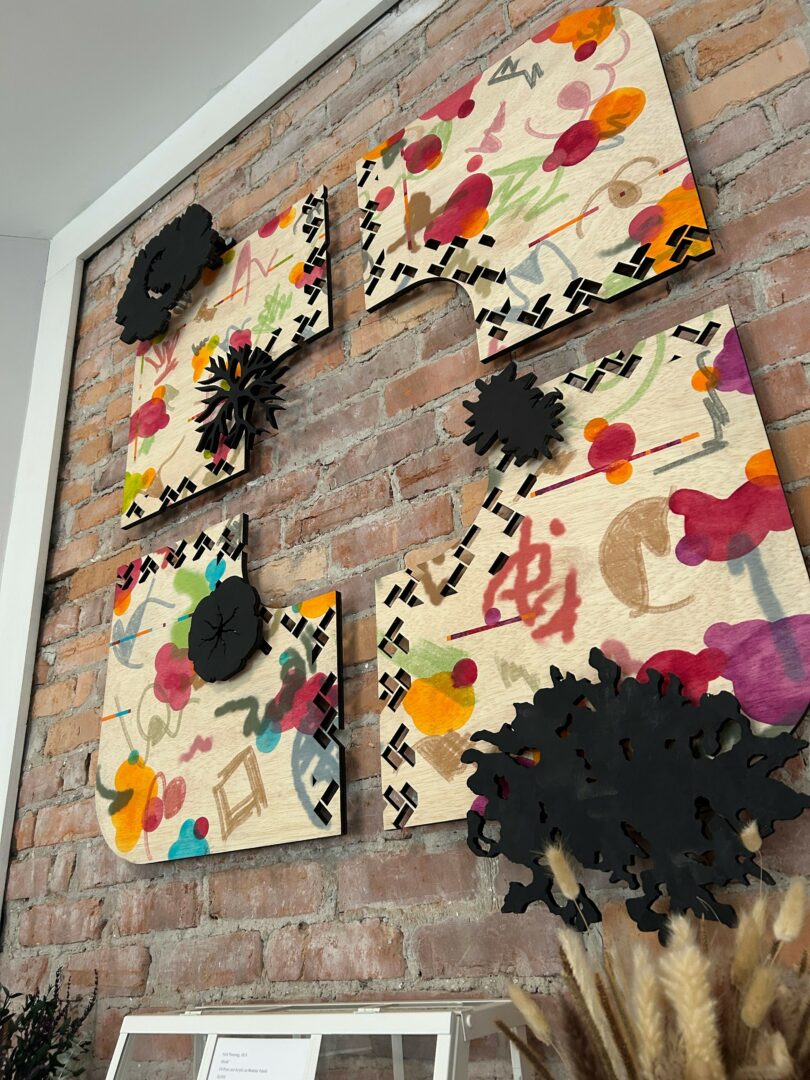
so if you or someone you know deserves recognition please let us know here.

